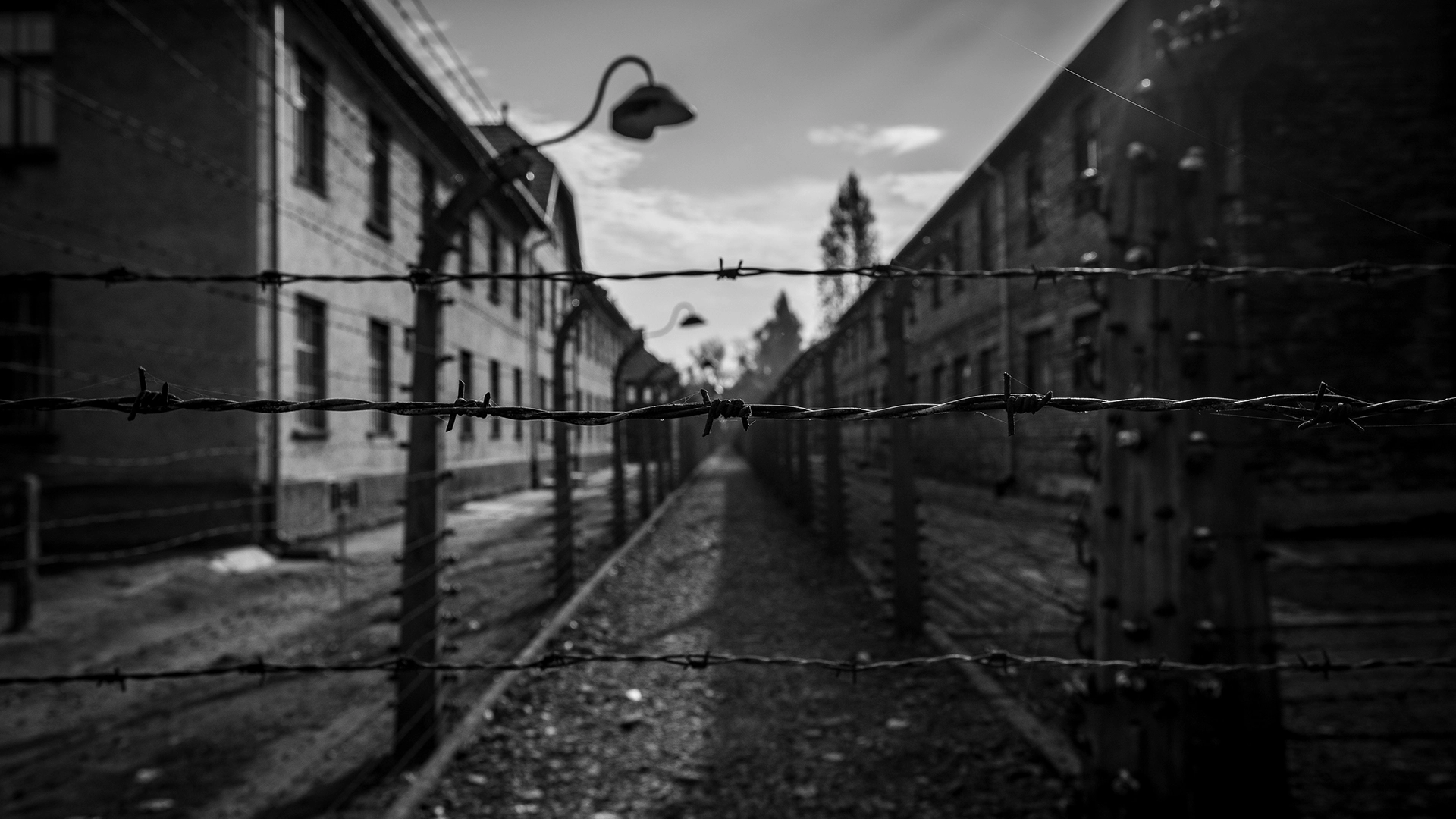
Image by Luís Moura, from Unsplash
BBC Exposes AI Holocaust Image Scam On Facebook
Some Facebook users have become victims of spammers profiting from AI Holocaust images, sparking outrage among Holocaust survivors.
In a rush? Here are the quick facts:
- Survivors and families say the images cause deep distress.
- Auschwitz Memorial condemned the trend as turning tragedy into an “emotional game.”
- Pakistan-based creators exploited Meta’s monetisation program for profit.
A BBC investigation has uncovered an international network of spammers using AI-generated images of Holocaust victims to profit from Facebook’s monetisation system.
The practice faces opposition from Holocaust memorial organizations, as they consider the AI generated images to be harmful to survivors, and their family members.
“There are only a handful of genuine photos from inside the Auschwitz concentration camp during World War Two,” the investigation noted to the BBC.
AI spammers have started posting artificial content that includes staged images of prisoners playing violins and lovers meeting near prison fences, which have reportedly received thousands of likes and shares.
“Here we have somebody making up the stories… for some kind of strange emotional game that is happening on social media,” said Pawel Sawicki, a spokesperson for the Auschwitz Memorial in Poland, as reported by BBC.
“This is not a game. This is a real world, real suffering and real people that we want to and need to commemorate,” Sawicki added.
The BBC linked many posts to Pakistan-based content creators exploiting Meta’s invite-only Content Monetisation (CM) program. The account, operated by Abdul Mughees, allegedly generated $20,000 from social media scams, and reached 1.2 billion views during its first four months of operation.
The posts portray AI-generated images showing completely made-up scenarios, such as a baby left on train tracks at a concentration camp.
Holocaust organisations say this trend undermines survivors’ testimony. “They don’t quite understand what they’re seeing,” said Dr Robert Williams of the International Holocaust Remembrance Alliance Survivors, as reported by BBC. He added, he feels “a certain sense of sadness this has been allowed to happen.”
Experts warn that while AI can preserve memory, distorted use risks turning Holocaust history into fiction.
Recent findings indicate that the risks of AI-generated images may go further than just false information dissemination. A new research showed that AI-generated content can implant false memories. People often believed events had happened when they never did, and they felt very confident about these wrong memories.
Experts say this could seriously affect Holocaust remembrance. Repetitive viewing of AI-generated images may distort collective historical knowledge, as people struggle to distinguish between real and synthetic content, especially when this content spreads quickly across social media.
While AI can be helpful in education or therapy if used carefully, scholars warn that in sensitive areas like Holocaust history, careless use risks erasing truth itself. The researchers urge for enhanced regulations, precise documentation, and improved collaboration between historians, technologists, and policymakers to safeguard historical records and protect survivor testimonies and public historical knowledge.
Meta removed some pages after the Auschwitz Museum flagged them. BBC reports that a spokesperson said, “We removed the Pages and Groups shared with us and disabled the accounts behind them for violating our policies on spam and inauthentic behaviour.”


 Previous Story
Previous Story

 Latest articles
Latest articles 